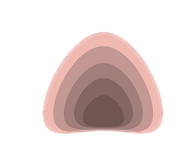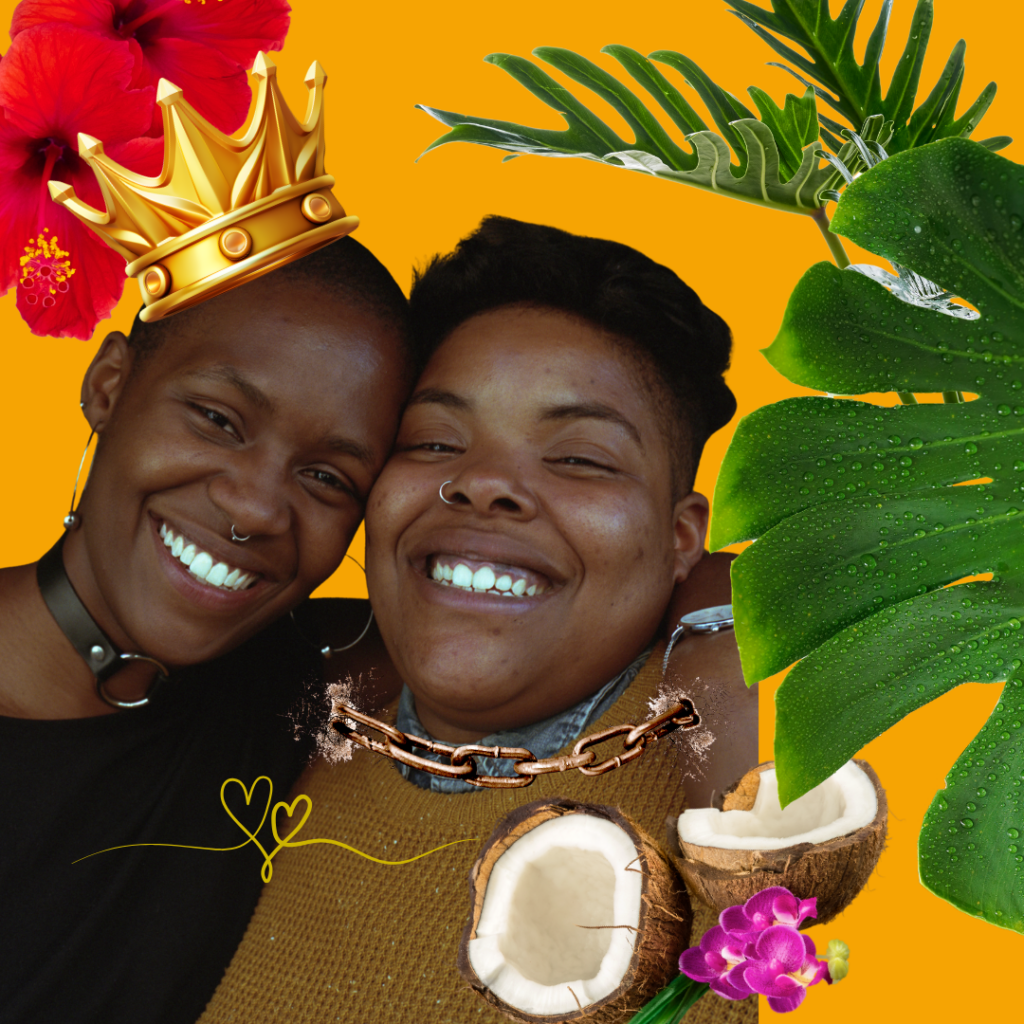Questions That Haunt Me
I dreamed of my great-great-grandmother last night. She stood near a river, holding her hands around something that she wouldn’t let me see. I woke with the question stuck in my mind: Who did she love?
Too often I meet with clients each day who yearn to belong—to body, to family, to history. But what of my own belonging? Of the loves my ancestors were forced to bury?
I catch myself fixating on gaps
- What did my ancestors refer to same-sex love by? Was there a name, or was it a silence embedded in the fabric of community?
- How did queer love survive the Middle Passage? How did those that loved outside of the colonizing eye survive when enslavers separated us from earth, languages, and loved ones?
- Which ruptures of love reside within my bones? The pain of losing a lover, no messages, no graves, no means of telling I’m still yours across seas.
It’s not mere curiosity. It’s a process of decolonizing desire.
The Silence Where Our Words Should Be
In Jamaica, where my ancestors strolled, the colonial lexicon of queerness is violence: “Battyman.” “Sodomite.” Addressing me with a vocabulary that burns like a lash. But prior to English, prior to the Bible’s denunciation, what did we refer to ourselves?
Arawak (Taino) people, Jamaica’s indigenous inhabitants, understood two-spirit identities. Historian Dr. Randy M. Browne points out that West African societies such as the Yoruba also used words like “okuti” (“female husbands”) and “àdàfìà” (“male wives”). These words were, however, eliminated by enslavers and replaced with shame.
Therapist’s Reflection:
“When clients tell me, ‘I don’t know how to name what I feel,’ I think of how our vocabulary of love was stolen from us by colonialism. Healing starts when we take back the power to define ourselves.”
Love in the Quarters: Secret and Sacred
Enslaved Africans created pockets of intimacy in the midst of surveillance. Historian Dr. Marisa J. Fuentes writes of how enslaved women in Barbados allied themselves in “friendship networks” of shared beds, braiding each other’s hair—acts that could have been acts of sisterhood or another kind.
- Two women stealing glances by the cane fields, hands touching under the guise of work.
- A man putting a carved wooden token into someone else’s hand, a “take this so you remember me” if one was sold.
The Trauma of Separation:
Records from the auction reveal couples broken apart: “Lot 317: Woman, 25, and ‘her companion’ (auctioned off individually).” The agony of those partings resides in our nervous systems.
Therapist’s Reflection:
“If clients are afraid of being abandoned, I ask myself: Is that a memory? The body recalls that which the mind was compelled to repress.”
Queer Resistance As Ancestral Medicine
Our ancestors engaged in discreet defiance:
- Spiritual practices encoded within: Female-bodied, gender-fluid beings like “Queen Nanny” were worshiped in Jamaican *K
- Folklore of survival: Queer potentiality in the form of stories of “River Mumma” (a mermaid that safeguards women)
Therapist’s Tool:
I ask my clients:
“What’s your River Mumma? The narrative or symbol that allows you to breathe when the world tells you that you can’t exist”
Reclaiming ourselves—a Guided Reflection
1. Name Your Love
“If there isn’t a word from the colonies, make one. My ancestor’s definition of queer love could be ‘liki-tiki’–the gentle sound of rain on banana leaves.”
2. Respect the Breaks
Light a candle to honor ancestors who experienced love loss. Declare: “I remember you. Your love was not erased.”
3. Form Queer Kinship
Find your “yard family” or chosen family. Cook a meal with them and tell them, “This is how we keep each other free.”
A Call to Remember
Dear queer Black loved ones: Your love is ancestral. Silence surrounding it is violence, not honesty.
Let’s Practice
Journal Prompt: “How is my queerness connected to my ancestors in one way?”
Ritual: Libations of water, rum, or honey. Say: “To those who loved fiercely in secret—I am your wildest prayer.”
Discussion Questions (For Comments or Sessions of Therapy):
- What’s a symbol or a word that makes you feel like ‘home’ to your queer identity?
- How do we respect love that history attempted to erase?
P.S. If you are another member of the African diaspora who’s also looking into queer history, I want to hear from you. Comment here or send me a message at [your contact]. Let’s heal together.
Why it Matters in Therapy:
Intergenerational Trauma: Displaced love resides in the body in a form of hypervigilance, a fear of attachment, or shame
Resilience: Queer ancestral reclamation is a survival strategy. Cultural affirmation has been found to decrease PTSD symptoms among Black LGBTQ+ individuals (Source: Journal of Black Psychology, 2022).
This entry is a work in progress. I’ll add to it as I continue to learn from historians, elders, and you. Because our stories are the antidote to erasure.
With love and defiance,
Melissa Taylor

